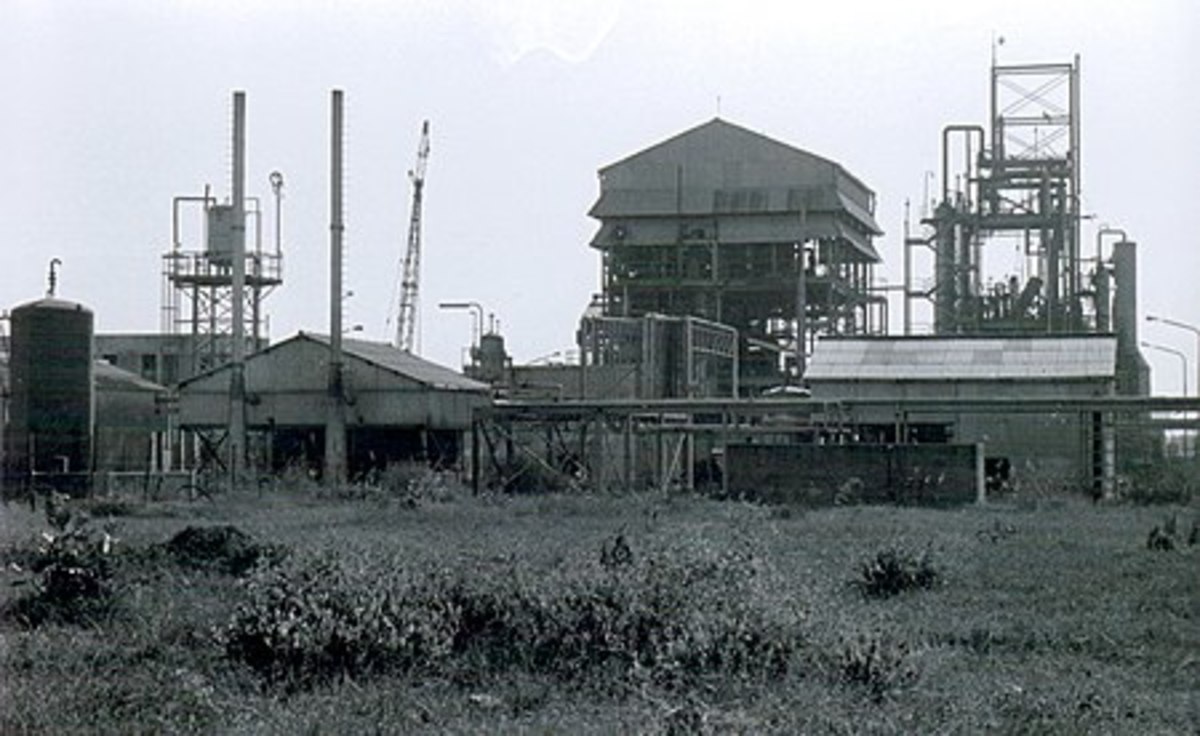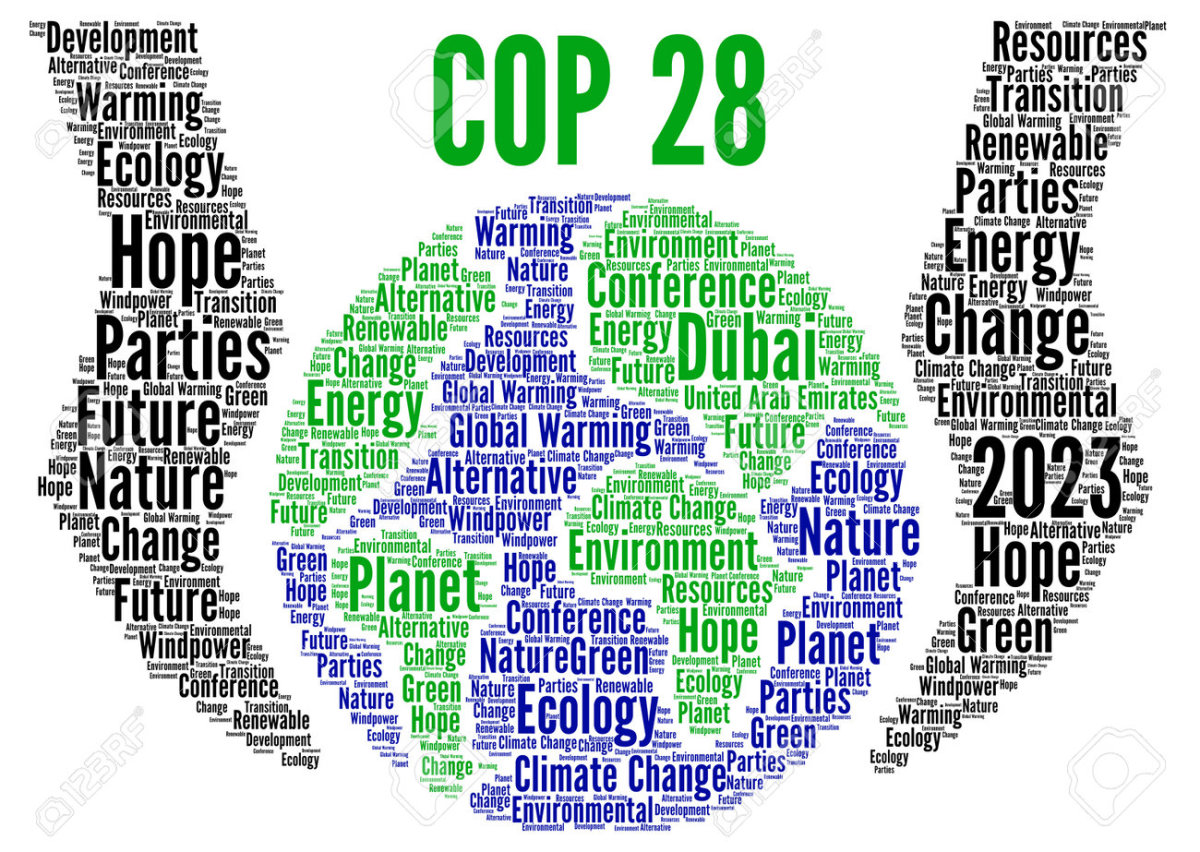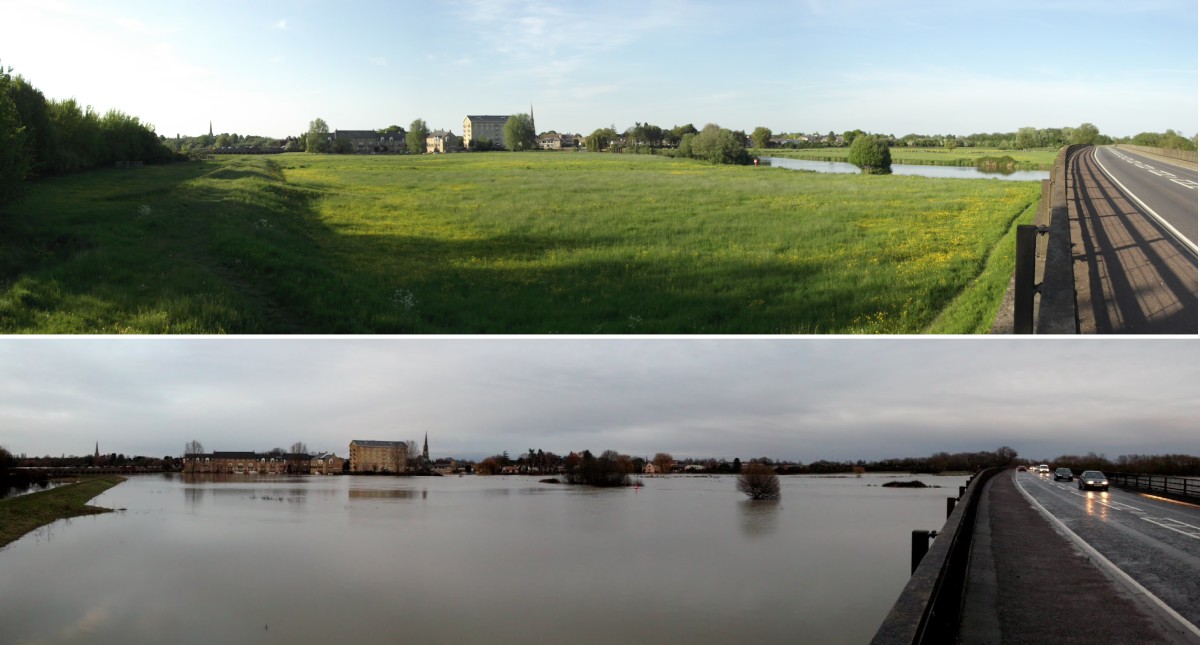Tips on How to Help Save the Environment
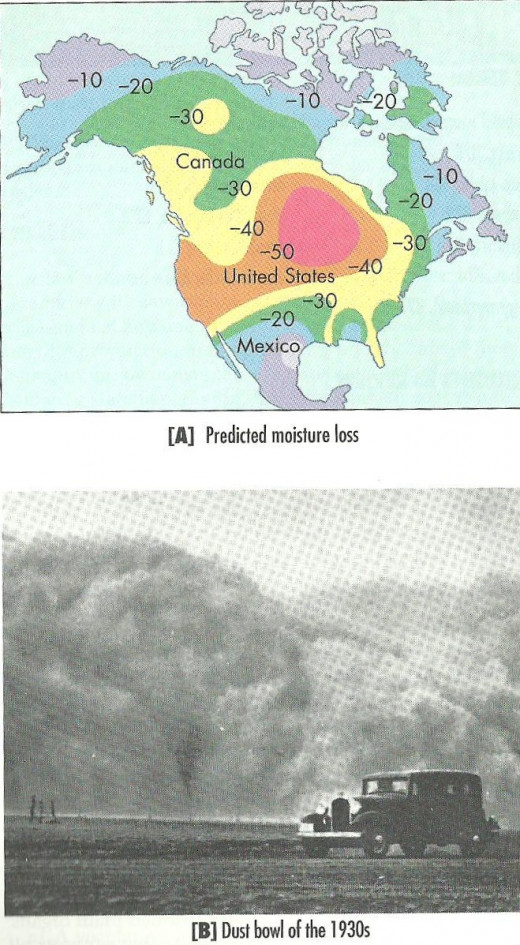
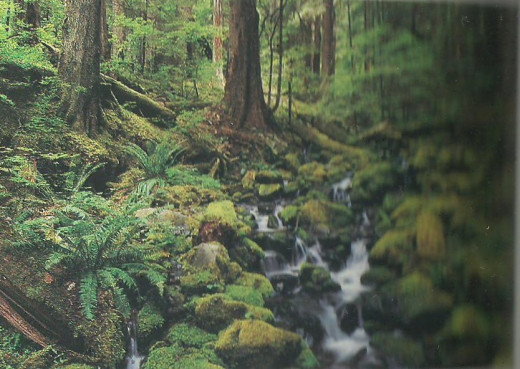
Critical Environmental Issues and Concerns
Our environment is in deep trouble; There is an urgent need for more actions that are geared towards Environmental Protection. It's a bit frightening! --- almost every day we hear some form of environmental related news, in particular about global warming --- ozone levels dropping, carbon dioxide rising, and acid rain falling, animals disappearing, forest going up in smoke and so on.
However, most Climatologists argue that there is no concrete proof that accumulating greenhouse gases are causing the observed warming. Still, many don't deny that the potential danger to ecosystems and economies is too great to allow scientific uncertainty to prevent prudent actions now.
Most ecologists believe that we should reduce our consumption of fossil fuels through an emphasis on energy sources such as wind power and solar energy. As concern citizens, we can all play our parts. For example, we could lower the temperature of our homes in winter, use less air conditioning in summer, and rely on public transportation, bicycles, and our own two feet more often than we do now.
Other concern individuals suggest that farmers could employ agricultural practices that sustain the levels of organic matter in the soil, and people in tropical regions could try to increase their effort to replant denuded areas. Additionally, biologists could even actively develop more drought-resistant and salt-tolerant plants to substitute for staple crops, should the world's breadbasket become dust bowls.
Of course, putting these suggested solutions into action will be difficult, but informed citizens can make the first move, starting now -- not in the future-- to help governments make ecologically sound policy sound decisions.
Tips to Help Save the Environment
As concern individuals, the following are some suggestions that could help save the environment:
- During the winter season, lower the temperature of the furnace, and set the thermostat even lower when no one is home.
- Use less air conditioning and turn the pilot light off in the summer.
- Set the water heater below the normal 60 degrees C(140 degrees F)temperature to 54 degrees Celsius(130 degrees F).
- Use public transportation instead of driving your car to work, and use bicycle or even walk whenever possible.
- Save gas or electricity by using warm wash and cool rinse when doing your laundry.
- Practice recycling --- aluminum, glass, tin, newspaper, no glossy paper(junk mail, packaging materials etc) and plastic bags containers should all be recycled.
- Avoid using pesticides by simply switching to integrated pest management techniques in your home garden.
- Cut down on the amount of water used by modifying your habits and by using low-flow shower heads and toilet modifiers.
- Avoid disposable packaging; use fabric shopping bags instead; buy from bins, and reuse plastic bags whenever you go grocery shopping.
- Buy more organic produce as a way of encouraging alternative farm practices.
- Avoid CFC propellants and polystyrene cups and containers.
- Look for alternative coolants --- now available --- when buying new air conditioners or refrigerators.
- Plant trees in and around campuses, towns and backyards.
Conclusion
These are just a few of the many things that we can do to protect the ecosystems and our environment in general. If we are going to save planet earth and conserve our dwindling natural resources we have to employ all of the above measures. No question, environmental protection is all of us job!
If we all take the initiative to be more responsible citizens, we can save the environment and hopefully, we can make planet earth a safer place, not only for ourselves, but also for the fish of the ocean/river/lake, birds of air, beast of the forest, and the next generations to come.



